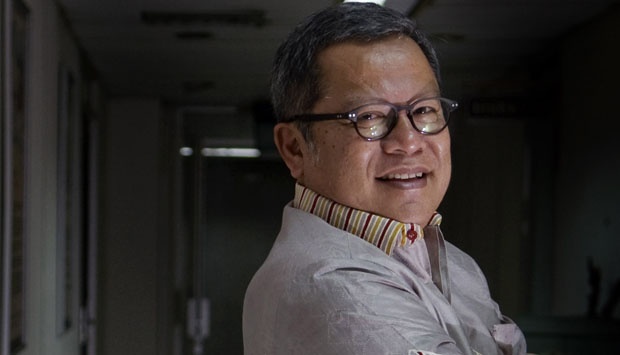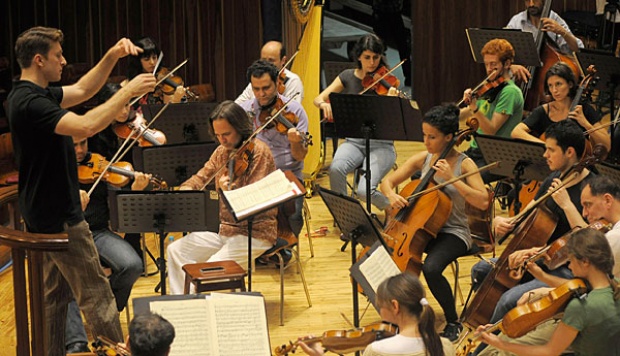
TEMPO.CO, Jakarta - People in Slovenia can now enjoy the characteristic of at least one Indonesian culture as the joglo house (traditional house of Javanese ethnic) was inaugurated at the Arboretum Botanical Garden, Slovenia on Wednesday, April 23.
"The presence of the joglo house in Arboretum Botanical Garden is expected to be not only the symbol of good relationship between two countries, but also to be the place where communities from both countries exchange information and visions," said the Indonesian Ambassador for Slovenia, Rachmat Budiman during his speech.
"The government and people of Slovenia hope that the house can be used for gatherings that bridges and develop a warm relationship between two countries," said the Slovenian Minister of Culture, Uroš Grilc who also inaugurates the house together with Budiman.
The house, which is donated by the local government of Yogyakarta, was specially designed to survive under four distinct seasons of Slovenia, said the counselor Dody Sembodo Kusumonegoro in a press release received by Tempo on Friday.
The inauguration was festive with Javanese traditional dance performances by royal artists’ community of Yogyakarta, the Kawedanan Hageng Punokawan Kridomardowo. The Beksan Sekar Pudyastuti and Menak Putri dance were among some other performed dances. The guests were also spoiled with various Indonesian distinct culinary and snacks.
NATALIA SANTI






















